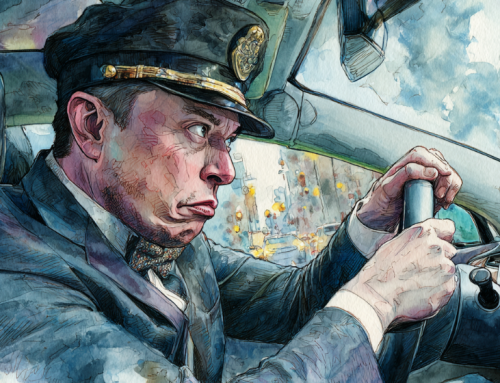
Valve is a major player in the VR market, and company president, Gabe Newell, is also a proponent of brain-computer interface technology as the future of gaming. (Image credit: Valve)
Virtual Reality Escapism Gets Real According to Philosophers
How do you escape reality when it gets a little too much to bear? We have all needed to escape the way things are at times. Sometimes it’s an internal escape with drugs or alcohol. Sometimes it’s an external escape to a distant land or location. But with some of the newer high tech, you can escape internally and externally almost simultaneously.
A little over a week ago a writer named Jacob Fox posted a piece in pcgamer.com about how VR and other techs, might be a little dangerous the more realistic they become. How do you separate reality from tech reality? Remember some people couldn’t separate reality from soap opera characters in the TV world. Some people came to see them as real live people not actors with scripts.
With the advancement of VR and real-time video games, it is not hard to become confused. Not to the point where you think you are in the game Tron, but for some people it will become a mental issue. And in the article, Fox asked a philosopher what questions he thinks the future holds with VR and other tech.
James Tartaglia is a professor of metaphysical philosophy at Keele University and is an expert on the philosophy of technology. His latest book, Philosophy in a Technological World: Gods and Titans, wrestles with some of the more philosophical questions about VR, among other things.
The philosopher Robert Nozick, in his 1974 book Anarchy, State, and Utopia, asked us to imagine that scientists have constructed an ‘experience machine’. This machine would plug into your brain and “give you any experience you desired”. The experiences it would feed us would feel exactly the same as if they were happening for real, but they wouldn’t be. Just like in The Matrix.
Could our VR tech ever become as good as Nozick’s imagined experience machine?
“Given the approach to technological development that dominates our world,” he says, VR tech like this “will be produced as soon as possible. We’re already on the trajectory, the goal is already within sight, so since there’s lots of money to be made from perfecting VR, the race is on. Afterwards, we’ll start trying to deal with the social problems it creates. I’ve no idea how long it will take, that’s a question for technologists, but I’m sceptical about the notion, popular among some philosophers, that we’ll run up against a principled barrier, I think that’s wishful thinking.”
Tartaglia went on to say he didn’t think the current state of gaming, with headsets and controllers, isn’t going to be the tipping point with this issue. However, the computer/brain interface may be a game-changer that holds some uncomfortable possibilities.
Tartaglia ends his latest book by describing—with more than a hint of tongue-in-cheek—a future ‘utopia’, where people live almost entirely in virtual realities that appear indistinguishable from real reality. Fox asked him about the problems such a future ‘utopia’ might pose.
“The problems would be endless,” he says, “you’re effectively redesigning the nature of human life. One of the main points I was trying to make by imagining a VR utopia, and hence trying to get around some of the more obvious problems, was to indicate the enormity of those problems. One problem is isolation—VR cuts us off from other people to enclose us in our own little world, where interactions with others are something of a speculative reality: ‘is it really another person doing that? ’; ‘does it matter whether it is or not?’ … Another big problem is privacy, because virtual worlds, unlike the real one, can be completely monitored—and there’s money and power to be gained from that.”
Yes, the line between realities is being blurred more every day. Misinformation and disinformation are poisoning many levels of society. Do we need to think about what really advanced parts of technology might do to our communities? Yes.
We already have begun claiming games are making kids more violent. Imagine what might happen with even more realistic games without some professional guidance for the players?
read more at pcgamer.com







Leave A Comment